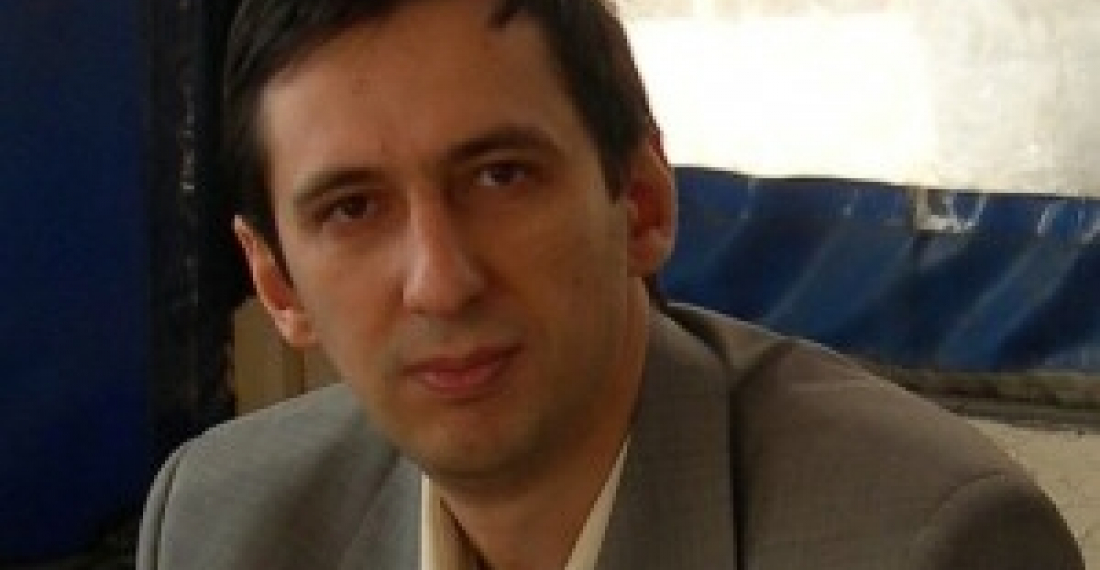The situation created before the meeting of the Russian, Armenian and Azeri presidents in Kazan is quite controversial: the impatient expectations formulated in the statements of some diplomats and the assessments of some experts strongly contrast with the real situation in the Nagorno-Karabakh conflict zone, Vice President of the Strategic Culture Foundation Andrey Areshev said in an interview to ArmInfo.
In May 2011 Azerbaijan held a series of large-scale military exercises. The number of cease fire violations on the border is steadily growing. But the inspirers of the Minsk Group peace process are not worried: they keep warning against new war amid looming bellicose moods.
While mass media are ascribing Russia a decisive role in the negotiating process, some local experts are pointing to its growing peacemaking partnership with the United States.
The Armenians cannot but be worried about this as the so-called Madrid principles the West is so actively trying to push through due to Russia's strong standing in the South Caucasus will hardly give them anything good. If they withdraw their troops from even a part of the territory of the so-called security belt the situation may get worse resulting in a new war involving some third parties. There are lots of proofs that this may happen and this will hardly be good for Russia's interests in the region.
Andrey Areshev:
Andrey Areshev:







